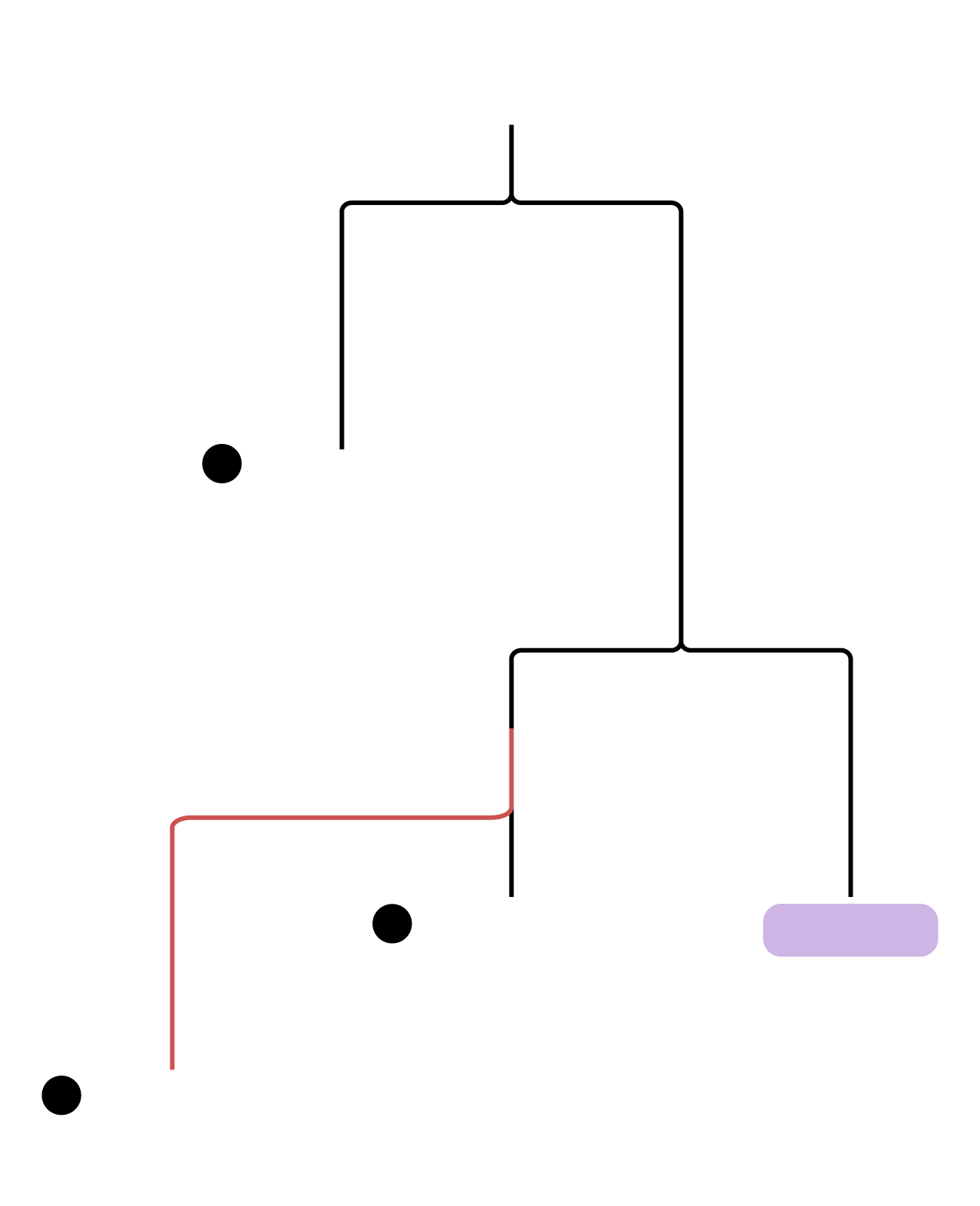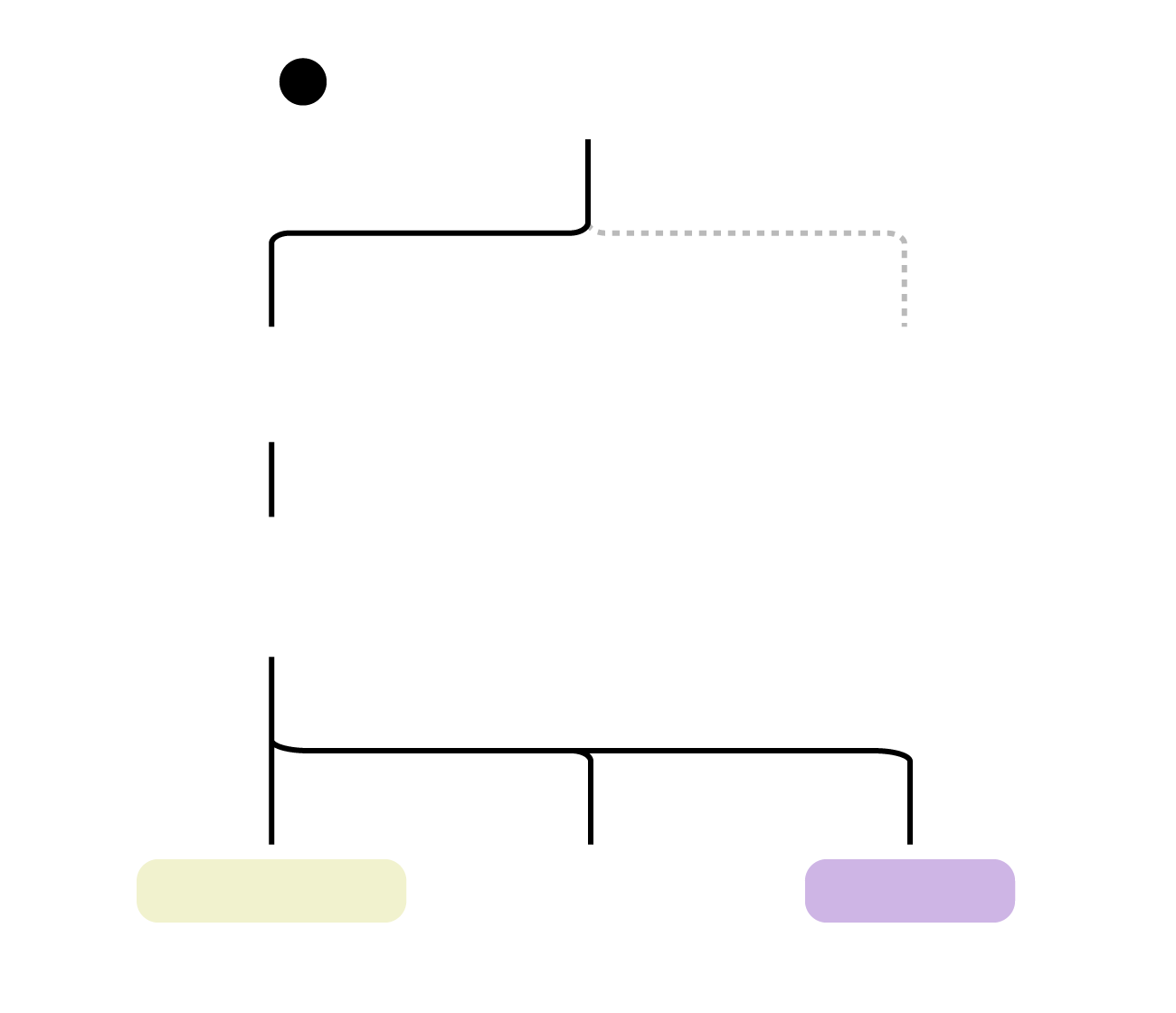
Vannessa Olivera checks the mailbox of her family’s Northwest Side home daily, but the documents that could shape her future are nowhere to be found.
Seven months ago, Olivera, her husband and their four children applied for asylum. But they still haven’t been given a date to make their case in immigration court.
More than five months ago, she and her husband applied for authorization to work pending their immigration case but still haven’t gotten any update on that.
“It makes you more anxious than what you already are, and that produces stress, impatience and uncertainty, not knowing when we are going to have a court date where we can explain what happened to us,” Olivera said in Spanish. “All of that leaves us in uncertainty.”
Olivera, 35, and her family arrived in Chicago early last September. They were among the first wave of immigrants sent to Chicago on buses last fall from Texas by that state’s Republican governor, Greg Abbott, who shipped migrants to Democrat-led cities.
Since last August, more than 13,000 immigrants have arrived in Chicago. Like Olivera, many of them had fled Venezuela and are now seeking asylum in the United States.
Navigating the transition from temporary to long-term U.S. resident is a journey in itself, one that takes years. Many who have arrived in the past year are seeking asylum. Some who, like Olivera, have applied for asylum have a long wait until their cases come to immigration court, according to immigration lawyers, some being given hearing dates as far away as 2025.
In the government’s 2022 budget year, an asylum case in immigration court in Chicago was pending for about four years — from time filed to an asylum hearing, according to a Syracuse University analysis.
As of this month, more than 6,000 immigrants remain in city of Chicago shelters, and 1,080 people are sleeping at police stations and airports awaiting a shelter bed, according to city officials.
Bus ride becomes blessing
Olivera’s family planned to settle in New York City. But they were told they could get on a bus to Chicago or to San Antonio, Texas.
It wasn’t until later that Olivera said she realized she and her family were pawns in a national debate on immigration policy.
Still, she said the bus trip to Chicago turned into a “blessing.”
Though her asylum case remains in limbo after applying about seven months ago, her family has begun putting down roots on the Northwest Side after months living at a Salvation Army shelter and a suburban hotel state officials turned into a temporary refuge for immigrants.

Seeking asylum
Enters on a visa or
enters without detection
Presents at a port of entry without a via or enters between ports of entry without inspection
Possible expedited removal
Affirmative asylum
process
1
Credible Fear
Interview
Fear found
No fear
found
NTA issued and
filed with
immigration court
Affirmative asylum
process
1
Deportation
Defensive asylum
process
2

Seeking asylum
Enters on a visa or
enters without detection
Presents at a port
of entry without a visa or enters between ports of entry without inspection
Possible expedited
removal
Affirmative asylum
process
1
Credible Fear
Interview
Fear
found
No fear
found
NTA issued and
filed with
immigration court
Deportation
Affirmative
asylum
process
1
Defensive
asylum
process
2
Immigrants like Olivera who have now been in Chicago for nearly a year find themselves trying to gain independence and stability and awaiting work authorization and updates to their immigration cases.
Asylum-seekers must file their application within a year of entering the United States. There are two types of asylum cases — known as affirmative and defensive — and many of those who have arrived in the past year are in the defensive track, meaning they are seeking asylum as a defense from deportation. If a charging document has not been filed in immigration court, the person can seek affirmative asylum.
Asylum-seekers can apply for a work permit 150 days after filing an asylum application.
But legal experts say it can take longer if someone changes addresses, misses an appointment or seeks extra time to find a lawyer.

Affirmative asylum process
1
Application must be filed within a year of arrival in the U.S.
The person is interviewed about their claim in an interview setting that is considered non adversarial.
Optional: An applicant can seek a work permit 150 days after the asylum application was filed.
It could take years for an interview date to be set once a person applies for asylum.
The asylum officer makes a decision on the case.
There were 389 cases that were granted asylum in this process from June 2022 to May 2023, according to data from USCIS.
Referral to an
immigration court
Granted Asylum
Notice of Intent to Deny
Defensive asylum
process
Final denial
Leave country when visa or other
form of status expires

Affirmative asylum process
1
Application must be filed within a year of arrival in the U.S.
The person is interviewed about their claim in an interview setting that is considered non adversarial.
Optional: An applicant can seek a work permit 150 days after the asylum application was filed.
It could take years for an interview date to be set once a person applies for asylum.
The asylum officer makes a decision on the case.
There were 389 cases that were granted asylum in this process from June 2022 to May 2023, according to data from USCIS.
Referral to an
immigration court
Granted
Asylum
Notice of Intent
to Deny
Defensive
asylum
process
2
Final denial
Leave country when visa or other
form of status expires
If granted asylum, a person must wait an additional year before seeking permanent residency, known as a green card. Then, a permanent resident typically waits five years before applying for U.S. citizenship.
Olivera and her family were given rental assistance for six months from the state of Illinois to settle in a three-bedroom home. But the family has had to scrape together what they can to pay $1,800 a month for rent, which includes utilities.

Defensive asylum process
2
Master Calendar Hearing before judge
Optional: An applicant can seek a work permit 150 days after the asylum application was filed.
Merits/Individual Hearing before judge
Asylum denied and
individual appeals
Granted Asylum
Deportation

Defensive asylum process
2
Master Calendar Hearing before judge
Optional: An applicant can seek a work permit 150 days after the asylum application was filed.
Merits/Individual Hearing before judge
Granted
Asylum
Deportation
Asylum denied and
individual appeals

Rincon Family Services, one of the organizations that aided immigrants staying at the temporary hotels last year, helped negotiate the lease agreement, Olivera said, and helped the family furnish the place.
The couple has an 11-year-old son, a 7-year-old son, a 5-year-old daughter and a 2-year-old daughter.
Over the past year, the older children began picking up English while starting new schools.
And Olivera, who has spent the past year taking English classes through City Colleges, is finding it easier to navigate doctor’s appointments on her own.
“There was a reason God brought me to this city,” she said. “The doors closed in one place, but we were blessed and privileged to get here.”

Trying to reunite
Ivette Cuello, 34, arrived in Chicago with her husband and their 8-year-old daughter late last August. She said they came by plane — not a bus — after a religious organization in Texas paid for their tickets and told them about Chicago.
They stayed briefly at a city shelter with other migrant families before moving to a suburban hotel that the state made a temporary refuge.
But the death of another immigrant, Rona Rozo, during their time in the hotel left her shaken.
“When that situation happened, things got complicated because people were already tired of being inside all day,” Cuello said of living at the hotel.

The death prompted the family to search harder for permanent housing, she said. A Honduran immigrant they met while walking around Chicago told them about an apartment in Garfield Ridge, where Cuello’s family now lives with other relatives.
Like Olivera, Cuello said the family got six months of rental assistance but now must cover the $1,600 monthly rent and utilities.
Cuello said she’s adjusting to living on the Southwest Side. She applied for asylum about three months ago. She isn’t eligible to seek a work permit because she must wait 150 days after that.
Cuello said her two teenage daughters stayed in Venezuela because she feared what could have happened to them on the journey from South America to the U.S. border. But now that she’s settled, she’s seeking ways to safely get her daughters to Chicago.
“I want to bring my daughters,” she said. “It’s the only thing I’m missing.”

‘Great sense of relief’
In an apartment on the Near West Side, a man named Daniel folded his hands as if praying, saying his only wish is for his family to be granted asylum. Nearby, his 3-year-old daughter picked up a pillow and raced around the living room.
“You feel a great sense of relief here,” Daniel said, speaking on the condition that his and his wife Yurimar’s last names not be published out of fear that speaking might hurt their asylum case.
They were shipped by bus from Texas last October after leaving Venezuela.
“There’s freedom,” Daniel said, unlike in Venezuela, where he said, “There wasn’t any. That was a dictatorship.”
For three months, they lived with other migrant families at a hotel-turned-temporary shelter. By January, with rental assistance and the help of the state and nonprofits, they got an apartment on the Near West Side for $1,250 a month.
They now feel more on their own as they try to navigate the asylum process and getting work permits and figuring out the complexities of credit scores. Many of their relatives are far away in South American countries.
“You feel that change, that you can accomplish many things, but you also feel nostalgia to be able to share the little that you have with your family,” Yurimar said.
Their daughter sometimes asks about the people who lived at the hotel with them. The families shared meals, and the children often played together.
Yurimar is adjusting to life in Chicago, learning to ride the CTA and understanding the messages in English. The couple has taken online English classes, and Daniel would like to eventually get a job in the tech industry.
Their new home seems completely different from the way they lived in their native Venezuela. They have easier access to food and medicine and can count on their utilities working.
“Here, you live like someone should live or like how it used to be in Venezuela,” Daniel said.
Elvia Malagón’s reporting on social justice and income inequality is made possible by a grant from The Chicago Community Trust.







